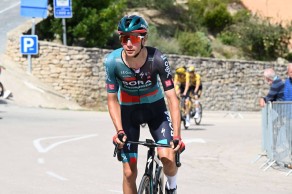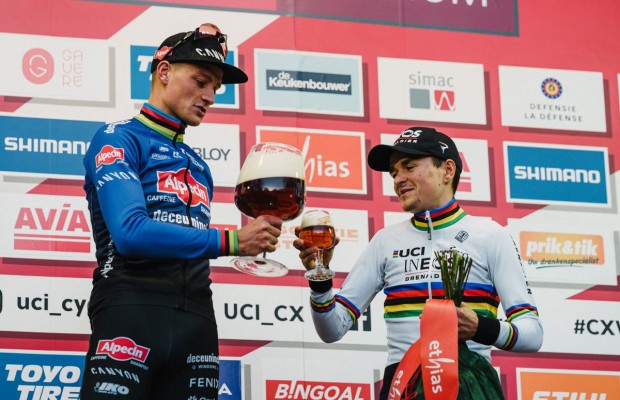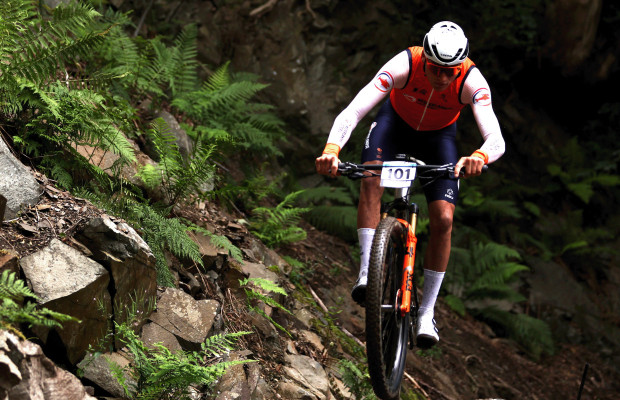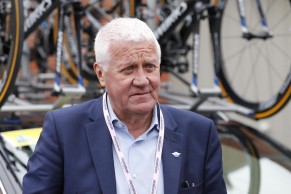Adopting a signing system like in football, Lefevere's proposal
The veteran leader of Soudal-QuickStep continues his indignation after the strange signing of Cian Uijtdebroeks by Jumbo-Visma and proposes to emulate football to avoid these cases that usually end in a legal battle between the two parties.

Football possible solution to cases like Uijtdebroeks'
While the Belgian cyclist Cian Uijtdebroeks, whose signing was surprisingly announced by Jumbo-Visma a few days ago, is already training with his future teammates from the Dutch team, although wearing completely black clothing, Patrick Lefevere continues his particular crusade against Ralph Denk and the methods used by Jumbo-Visma to get the rider.
A few days ago, he criticized the leader of the yellow squad for his double game as leader of Jumbo-Visma and as president of the team association, now he has gone a step further explaining that the Dutch made an offer for Remco Evenepoel.
RECOMENDADO

Alcoholic beverages with the fewest calories

What would you do if you won the lottery? This cyclist bought himself a €20,000 bike

Tips for cycling in the rain

25 cycling gifts ideas to get it right

When do helmets have to be changed? Do they have an expiration date?

Some reasons to stay away from the road in winter
According to Patrick Lefevere, these problems would be solved if there was a signing system similar to the one in professional football. In cycling, a team cannot seek to hire a cyclist until 6 months before his contract ends. It is only allowed to terminate the contract if all parties: teams and rider agree and the UCI gives the go-ahead to the operation. Something that, for example, recently happened with Primoz Roglic in his move to Bora-Hansgrohe.

In the case of Cian Uijtdebroeks, the problem arises because Jumbo-Visma claims that the cyclist's contract ended this past December 1 while Bora-Hansgrohe maintains that the end of it is dated for December 1, but of 2024, so it is very likely that the matter will end up in court and it will be the judge who decides after analyzing all the documentation.
On the other hand, the football system is more flexible, allowing teams, within the signing periods established at the beginning of the season and halfway through it, to make offers for players and, if an agreement is reached between the parties, to make the signing. In addition, players' contracts establish a termination clause with whose payment it is not necessary to reach an agreement. Finally, various compensations are added to the teams, regulated by UEFA in the case of European football, in terms of player training and other aspects.

Lefevere points out that, as contracts are usually set up in cycling, no more than one or two years, although lately longer contracts are being seen seeking to tie young riders, after which any team can sign a certain rider without further compensation for the original team it is very difficult to sell a project to sponsors who may find that, halfway through their bet the team loses some of its star riders. With the football system there would be no problem in establishing longer contracts from the outset knowing that there are possibilities of breaking it without it being a legal mess and, in case this happens, the team knows that it will be able to obtain some benefit from the sale of the cyclist.
Obviously, the problem with this system is that teams with greater economic power would have an advantage in getting the best cyclists, but, as Lefevere comments, what difference is there with what happens at these moments in cycling where teams like Jumbo-Visma or UAE Team Emirates monopolize the best cyclists in the world?